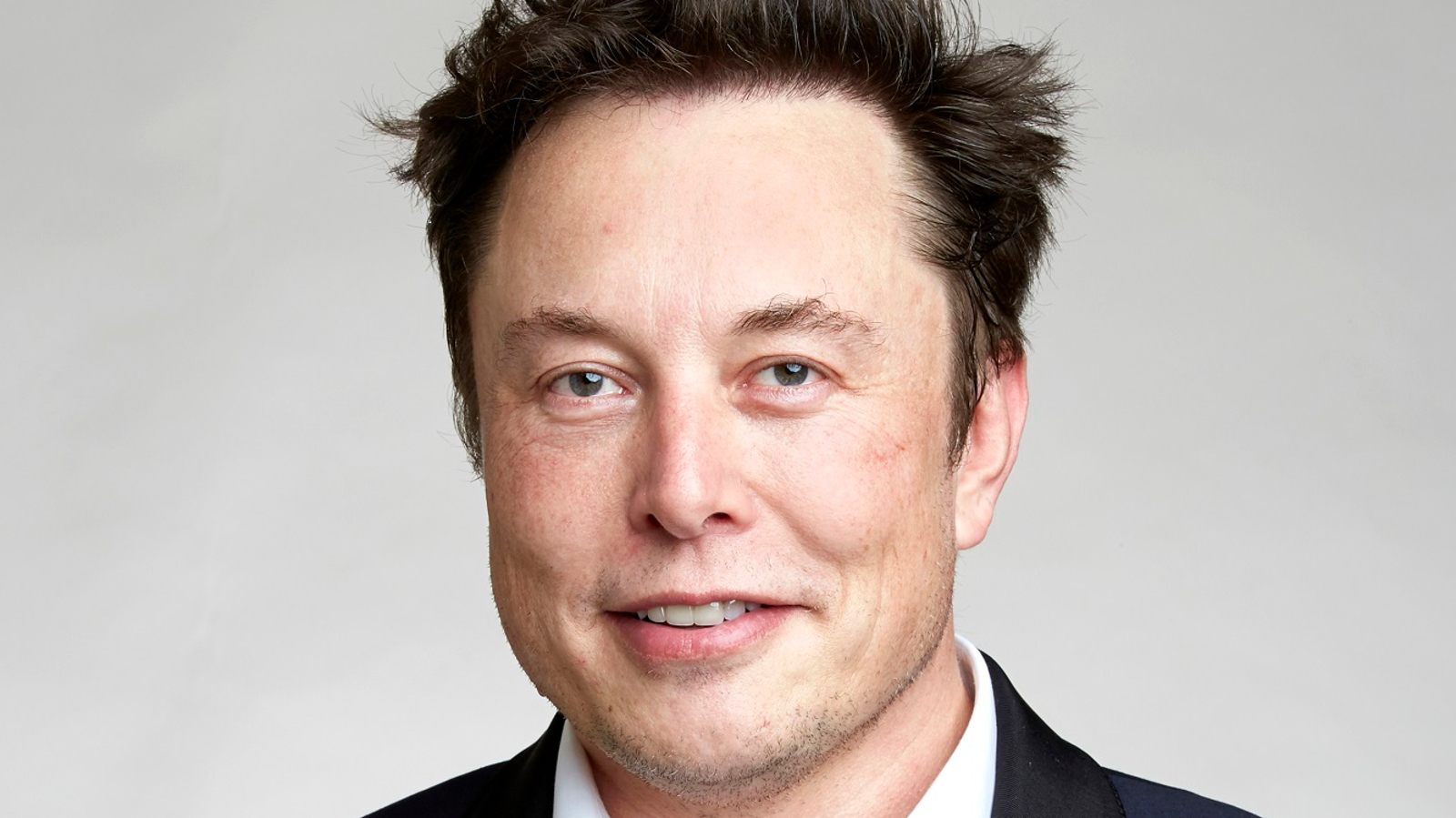Neuralink, a neurotechnology company co-founded by Elon Musk, announced recently that it has received approval for human clinical studies from the U.S. Food and Drug Administration (FDA).
"We are excited to share that we have received the FDA’s approval to launch our first-in-human clinical study!" Neuralink tweeted May 25. "This is the result of incredible work by the Neuralink team in close collaboration with the FDA and represents an important first step that will one day allow our technology to help many people."
Neuralink, which is developing implantable brain–computer interfaces, states on its website that its official mission is to "create a generalized brain interface to restore autonomy to those with unmet medical needs today and unlock human potential tomorrow."
The company states its brain implants would be cosmetically invisible and allow users to control a computer or medical device from wherever they are. The implant processes neural signals and transmits them to the Neuralink Application, where the signals will be decoded into actions and intents. Neuralink hopes to use this device to restore users' physical independence and improve their lives, according to its website.
The FDA approval was confirmed by the agency to Reuters May 25. The report states that the FDA "acknowledged in a statement that the agency cleared Neuralink to use its brain implant and surgical robot for trials on patients but declined to provide more details."
Reuters called the FDA approval "a critical milestone for the brain-implant startup as it faces U.S. probes over its handling of animal experiments."
Reuters reports that Neuralink employees told the news agency last year that Musk's pressures on staff to receive FDA approval was causing rushed and botched surgeries on lab animals, including monkeys, pigs and sheep, "resulting in more animal deaths than necessary." In a separate news report, Reuters found that Neuralink's legally required animal-welfare oversight board was filled "with company insiders who may stand to benefit financially as the firm reaches development goals."
The FDA approval came less than two weeks after U.S. Reps. Adam Schiff (D-Calif.) and Earl Blumenauer (D-Ore.), along with several other members of Congress, sent a letter May 16 to the agency, requesting that an investigation be opened into possible conflicts of interest of the members of the oversight board.
“The Institutional Animal Care and Use Committee (IACUC) appears to be composed almost exclusively of company employees with significant financial stakes in the very animal studies they are required to evaluate under the Animal Welfare Act,” the letter reads. “Animal Welfare Act regulations state: 'No member may participate in the IACUC review or approval of an activity in which that member has a conflicting interest (e.g., is personally involved in the activity), except to provide information requested by the IACUC…'. Yet, according to the report, 19 of the IACUC’s 22 members were paid employees of Neuralink.”
The letter specifically references the report from Reuters that notes how of the IACUC’s 22 members, 19 of them were paid employees of Neuralink as of late 2022. The letter notes this presents clear conflicts of interest.
“Congress has a significant interest in ensuring that all facilities using animals in research and testing—whether they are government-run, universities, or private companies—comply with the minimal standards of the Animal Welfare Act," the letter states. "Once again, we urge you to investigate Neuralink on this issue and update us on the findings.”
Neither Neuralink nor Musk have responded to requests for comment, according to Reuters. The company did state in its tweet that recruitment for the human clinical trials is not open, but it would "announce more information on this soon!"





